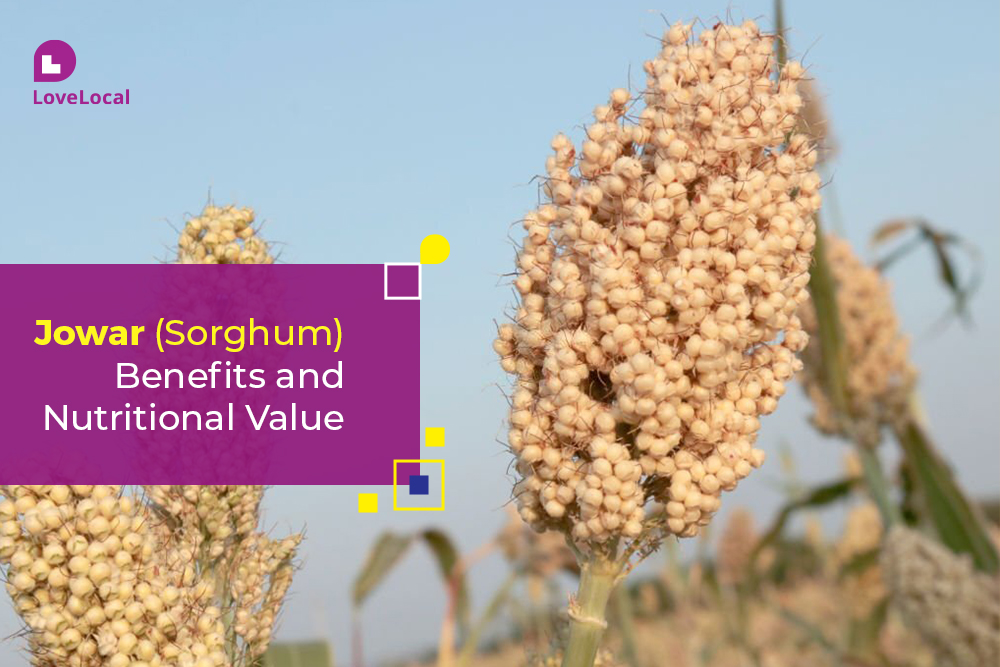In the realm of ancient grains, jowar, also known as sorghum, stands as a nutritional powerhouse that has sustained civilizations for centuries. There are a range of health benefits of Jowar, a gluten-free, whole grain, and a remarkable nutritional profile that makes it a valuable addition to modern diets. Today, we’ll unveil the incredible jowar benefits and delve into its rich nutritional value.
A Nutritional Treasure: Jowar Overview
Jowar, scientifically known as Sorghum bicolor, is a drought-tolerant cereal grain that has been cultivated for thousands of years, particularly in Africa and India. It’s known by various names across the world, including sorghum, milo, and jonna.
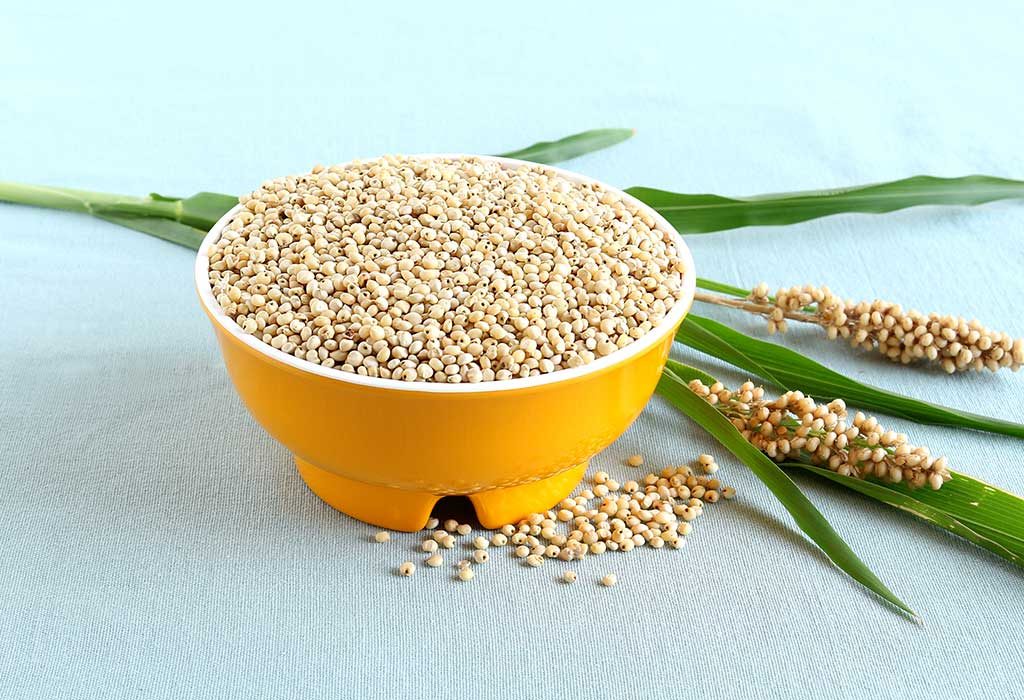
Nutritional Value of Jowar (1 cup, cooked):
- Calories: 143
- Carbohydrates: 36 grams
- Protein: 3.5 grams
- Fiber: 3.5 grams
- Fat: 1 gram
- Vitamins and Minerals: It is a good source of vitamins like niacin (B3), riboflavin (B2), and thiamin (B1), Jowar benefits also contain minerals like magnesium, iron, and phosphorus.
Jowar Benefits Unveiled
1. Rich in Dietary Fiber
Dietary fiber is essential for digestive health, and jowar is packed with it. A single serving provides a significant portion of your daily fiber needs. These health benefits of jowar promotes regular bowel movements, prevents constipation, and supports a healthy gut microbiome.
2. Gluten-Free and Celiac-Friendly
For individuals with celiac disease or gluten sensitivity, jowar is a safe and nutritious alternative. Being naturally gluten-free, sorghum benefits can be incorporated into gluten-free diets without adverse effects.
3. Supports Weight Management
The high fiber content in the list of jowar benefits contributes to a feeling of fullness and satiety, which can aid in weight management by reducing overall calorie intake. Therefore, people use jowar for weight loss and it also helps control blood sugar levels, preventing spikes and crashes that lead to cravings.
4. Heart-Healthy
The impressive nutritional value of jowar includes potassium, which plays a crucial role in regulating blood pressure. Sorghum benefits also includes antioxidants, particularly phenolic compounds, that can protect the heart by reducing oxidative stress and inflammation.
5. Provides Energy
Jowar roti benefits include carbohydrates, providing a sustained release of energy. It’s an excellent choice for athletes and those with active lifestyles.
6. Manages Diabetes
The high fiber and protein content in jowar roti benefits can help stabilize blood sugar levels, making it a diabetic-friendly option. It has a lower glycemic index compared to many other grains.
7. Enhances Bone Health
Jowar contains essential minerals like magnesium, calcium, and phosphorus, which are crucial for maintaining strong and healthy bones. Regular consumption of jowar atta benefits can contribute to improved bone density.
8. Promotes Skin Health
The antioxidants and vitamins present in jowar benefits for skin, such as vitamin E, contribute to healthier skin. Sorghum benefits for skin by combating free radicals, preventing premature aging and skin damage.
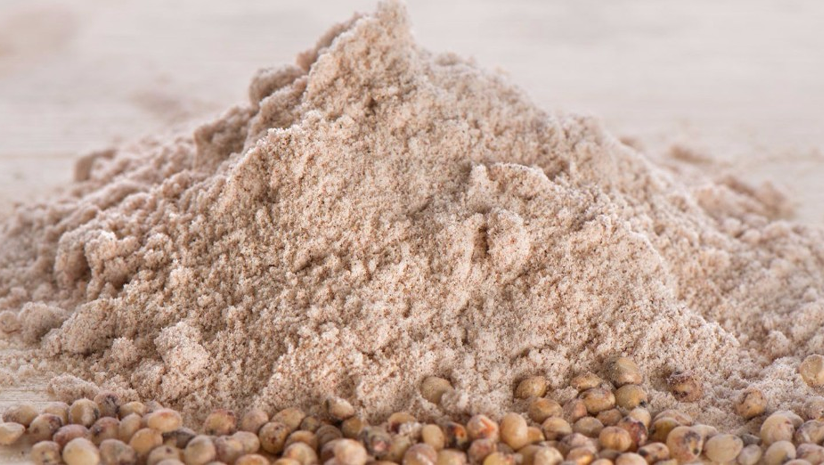
Different Uses of Jowar
Jowar, also known as sorghum, has a wide range of uses in daily life due to its versatility and nutritional benefits. Here are some common uses of jowar in various aspects of daily life:
- Food: Jowar is a staple food in many parts of the world, including India and Africa. It is commonly used to make rotis (flatbreads), bhakri (thicker flatbreads), and porridge. Jowar flour benefits can also be used in baking to make gluten-free bread, muffins, and cookies.
- Animal Feed: Jowar is an important component of animal feed for livestock, particularly in regions where it is abundantly grown. Jowar atta benefits provides essential nutrients and energy to cattle, poultry, and other farm animals.
- Beverages: Jowar benefits can be used to make traditional fermented beverages like “jowar beer” or “sorghum beer.” These alcoholic and non-alcoholic drinks are consumed in various cultures.
- Industrial Uses: Jowar stalks, which are rich in cellulose, can be used in paper and textile industries. They are a valuable source of raw material for making paper and fabric.
- Health Supplements: Jowar benefits can be processed into various health supplements, including dietary fiber supplements and energy bars, to promote overall well-being.
- Biofuel Production: The high cellulose content in jowar stalks makes them suitable for biofuel production. Researchers are exploring jowar benefits as a potential source of bioethanol and biogas.
- Decorative Crafts: In some regions, jowar stalks are used for decorative purposes in crafts and art. They can be woven into baskets, mats, and other items.
- Traditional Medicines: Some traditional herbal remedies and medicines include jowar as an ingredient due to its nutritional and medicinal properties.
- Gluten-Free Diet: Jowar is a valuable grain for those with celiac disease or gluten sensitivity. Jowar flour benefits is used to create gluten-free versions of various foods, such as pasta and snacks.
- Crop Rotation: Jowar is often used in crop rotation practices to improve soil fertility. It helps break the cycle of pests and diseases while enriching the soil with organic matter.
- Food Security: In regions prone to drought and water scarcity, jowar is considered a drought-resistant crop. Its cultivation can help ensure food security during challenging environmental conditions.
- Culinary Diversity: Jowar’s versatility allows it to be incorporated into a variety of dishes, contributing to culinary diversity and providing options for those with dietary restrictions.
Incorporating jowar benefits into daily life not only offers nutritional benefits but also supports sustainable agriculture and various traditional practices. Its adaptability makes it a valuable grain for diverse purposes, from food to industry and beyond.
Incorporating Jowar Benefits into Your Diet
Now that we’ve explored the fantastic jowar benefits, let’s discuss how to incorporate it into your daily meals:
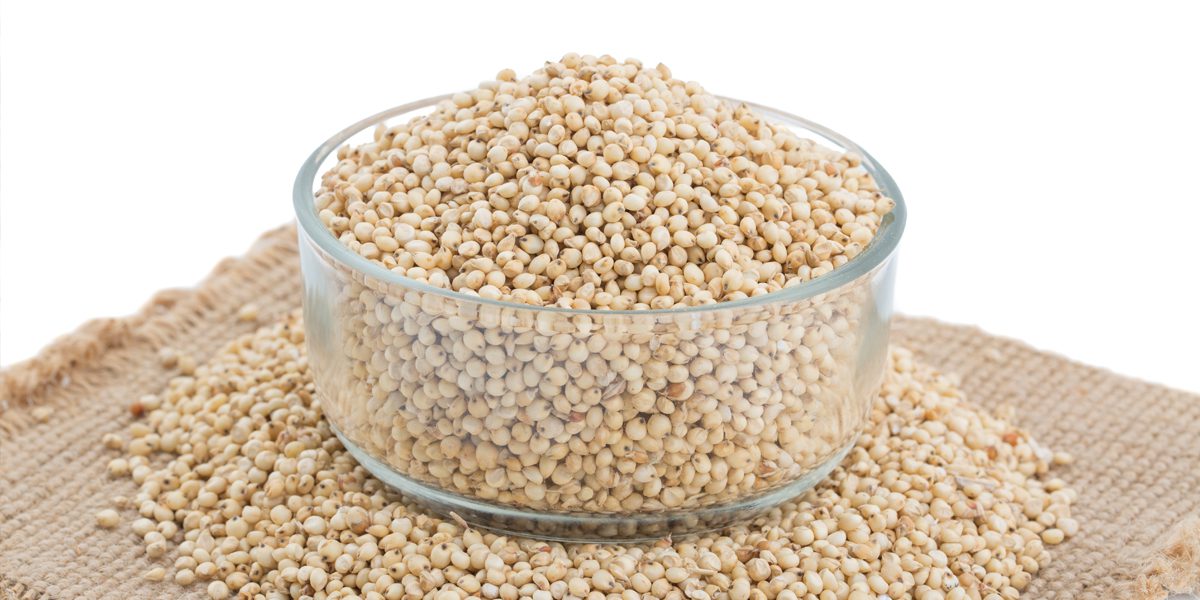
1. Jowar Roti (Flatbread)
Benefits of jowar atta can be used to make rotis, a popular and nutritious alternative to wheat-based chapatis. Jowar rotis are gluten-free and can be enjoyed with various vegetable curries and lentil dishes.
2. Jowar Porridge
Sorghum can be ground into some flour to make a thick, hearty porridge. Jowar benefits often consumed as a breakfast option and can be sweetened with honey or flavored with spices like cinnamon and cardamom.
3. Jowar Salad
Add cooked jowar grains to your salads for a delightful crunch and nutty flavor. It pairs well with vegetables, herbs, and a light vinaigrette dressing.
4. Jowar Snacks
You can make healthy snacks using jowar benefits like puffs or roasted jowar with spices for a satisfying munch. These snacks are ideal for satisfying cravings without compromising on nutrition.
5. Jowar Baking
Jowar flour can be used for baking gluten-free bread, muffins, and cookies. It imparts a pleasant nutty taste and moisture to baked goods.
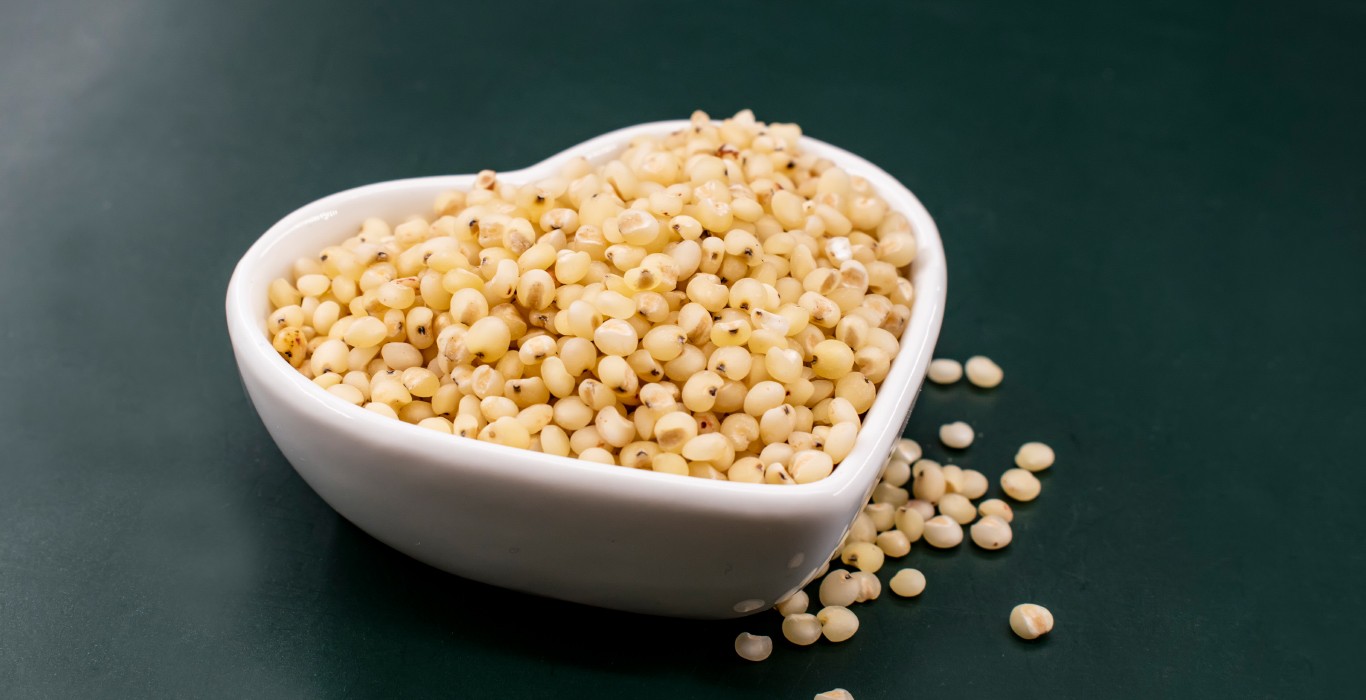
Conclusion
Jowar, the unsung hero of grains, offers an array of health benefits that make it a valuable addition to your diet. From its high fiber content to its gluten-free nature and rich nutrient profile, jowar has the potential to enhance your overall well-being. Whether you’re looking to manage your weight, support heart health, or simply enjoy a nutritious meal, consider incorporating jowar benefits into your culinary repertoire. Its versatility and remarkable health perks make it a grain worth celebrating and savoring.

